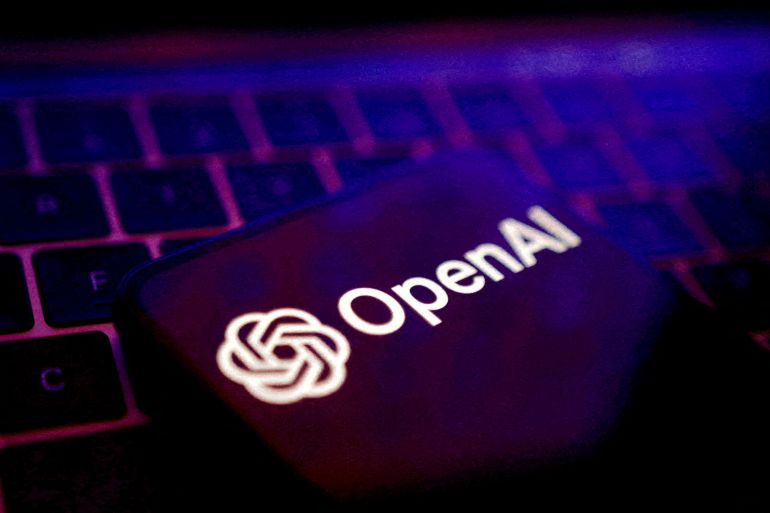OpenAI restructures into public-benefit firm, Microsoft takes 27% stake
The deal removes a major constraint on raising capital for OpenAI, the maker of ChatGPT, and values the firm at $500bn.

By Reuters
Published On 28 Oct 202528 Oct 2025
Save
Microsoft and OpenAI have reached a deal to allow the ChatGPT maker to restructure itself into a public-benefit corporation, valuing OpenAI at $500bn and giving it more freedom in its business operations.
The deal, unveiled on Tuesday, removes a major constraint on raising capital for OpenAI that has existed since 2019.
Recommended Stories
list of 4 itemsend of list
At the time, it had signed an agreement with Microsoft that gave the tech giant rights over much of OpenAI’s work in exchange for costly cloud computing services needed to carry it out. As its ChatGPT service exploded in popularity, those limitations had become a notable source of tension between the two companies.
Microsoft will still hold a stake of about $135bn, or 27 percent, in OpenAI Group PBC, which will be controlled by the OpenAI Foundation, a nonprofit, the companies said.
Microsoft, based in Redmond, Washington in the United States, has invested $13.8bn in OpenAI, with Tuesday’s deal implying that the firm had generated a return of nearly 10 times its investment.
Shares of Microsoft rose 2.5 percent, sending its market value above $4 trillion again.
The deal keeps the two firms intertwined until at least 2032, with a massive cloud computing contract and with Microsoft retaining some rights to OpenAI products and artificial intelligence (AI) models until then – even if OpenAI reaches artificial general intelligence (AGI), the point at which AI systems can match a well-educated human adult.
Simplified corporate structure
With more than 700 million weekly users as of September, ChatGPT has exploded in popularity to become the face of AI for many consumers after OpenAI’s founding as a nonprofit AI safety group.
Advertisement
As the company grew, the Microsoft deal constrained OpenAI’s ability to raise funds from outside investors and secure computing contracts as the crush of ChatGPT users and its research into new models caused its computing needs to skyrocket.
“OpenAI has completed its recapitalization, simplifying its corporate structure,” Bret Taylor, the OpenAI Foundation’s board chair, said in a blog post. “The nonprofit remains in control of the for-profit, and now has a direct path to major resources before AGI arrives.”
Microsoft’s previous 2019 agreement had many provisions that rested on when OpenAI reached that point, and the new deal requires an independent panel to verify OpenAI’s claims it has reached AGI.
“OpenAI still faces ongoing scrutiny around transparency, data usage, and safety oversight. But overall, this structure should provide a clearer path forward for innovation and accountability,” said Adam Sarhan, CEO of 50 Park Investments.
Gil Luria, head of technology research at DA Davidson, said the deal “resolves the longstanding issue of OpenAI being organized as a not-for-profit [organisation] and settles the ownership rights of the technology vis-a-vis Microsoft. The new structure should provide more clarity on OpenAI’s investment path, thus facilitating further fundraising.”
Microsoft also said that it has secured a deal with OpenAI where the ChatGPT maker will purchase $250bn of Microsoft Azure cloud computing services. In exchange, Microsoft will no longer have a right of first refusal to provide computing services to OpenAI.
Microsoft also said that it will not have any rights to hardware produced by OpenAI. In March, OpenAI bought longtime Apple design chief Jony Ive’s startup io Products in a $6.5bn deal.
